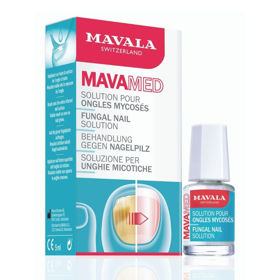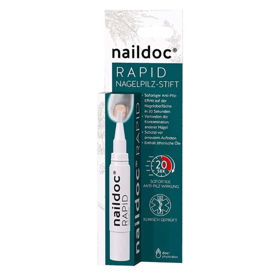Customer question:
What causes nail fungus? - question from an anonymous forum customer
Pharmacist's answer:
Nail fungus is common, but some people have a higher risk of developing a fungal nail infection. In addition, your age, health, and even lifestyle can increase your risk.
The risk of developing a fungal nail infection increases with age. Fungal infection of the nail and nails is most common in the elderly and least common in children. Living in a hot and humid climate also increases the risk of developing a fungal nail infection.
The risk of developing a fungal toenail infection is also higher if you have one or more of the following medical conditions:
- athlete's foot (skin infection caused by a fungus)
- cancer and chemotherapy
- diabetes
- nail infection in the past
- damage to the nail
- nail surgery
- genetics
- poor blood circulation
- psoriasis
- organ transplant
- weakened immune system
How can we prevent nail fungus? - question from an anonymous forum customer
Fungal nail infections can be prevented with a few simple lifestyle changes. Below are ways to prevent fungal nail infections:
- proper hygiene and care of feet and nails
- dryness of feet after showering, especially between the toes
- manicure or pedicure in trusted salons
- reducing the use of artificial nails and nail polish
- wearing flip-flops in public baths
How is the treatment of nail fungus? - question from an anonymous forum customer
Nail fungus treatment is most successful if it starts in the early stages. Unfortunately, fungal nail infections usually don't go away on their own, and the best treatment is usually prescription oral antifungal pills, which can take a few months to a year.
Sometimes self-help products and over-the-counter products are enough to eliminate such inconveniences. However, home treatment depends on the severity of your condition and the type of fungus causing it.
Nail infections can be closely related, among other things, to fungal skin infections. If a yeast infection is not treated, it can spread from one place to another. Patients should discuss any concerns on this topic with their doctor to ensure appropriate treatment for any yeast infection.
These types of infections can also recur after treatment, which is more common in people who suffer from diseases such as diabetes. If you suspect that the infection has returned, contact your doctor.
Interesting reading: Alcohol vinegar nail fungus
Interesting reading: What kills fungus













